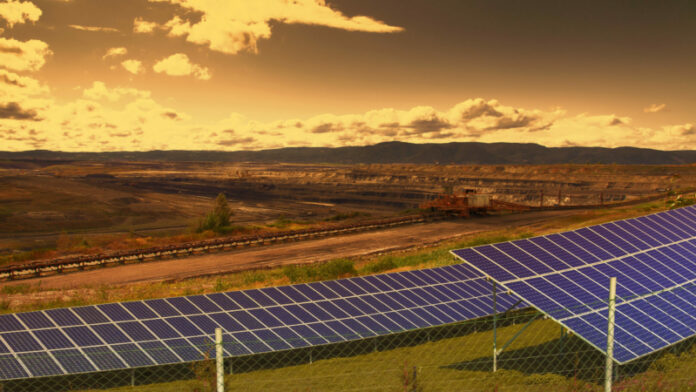
THE mood wasn’t exactly celebratory, but Impala Platinum (Implats) spoke for South Africa’s mining industry when it acknowledged last week that Eskom-sponsored load curtailment was having less of an impact than had been feared. Reporting its year-end numbers on August 31, fittingly the last day of winter, the group’s comments were a far cry from the concerns voiced earlier this year when miners, especially the platinum group metal (PGM) firms, prepared for a collapse of the power grid.
That bowel-melting dystopia didn’t materialise; in fact, another PGM miner, Sibanye-Stillwater, said it had lost only 2% in metal from load curtailment. This compares to a 15% reduction its CEO, Neal Froneman, had forecast in February, assuming the load curtailment schedules then in force. “We’re very relieved,” says Sibanye-Stillwater’s South African regional head, Richard Stewart. “It could have been much worse.”
Two things happened. First, about 4.4GW in solar energy supply from the private sector and from homes reduced the energy deficit. Second, Eskom’s energy availability factor (EAF), the capacity of its fleet to produce electricity, increased to 57% from 50% previously. Eskom also spent more on diesel, keeping its gas compressors operating longer.
But there’s a third, broadly consequential factor behind the reduction in load curtailment, to do with private sector self-help. Sibanye-Stillwater implemented digital technology that enabled it to simulate and predict load curtailment events. Knowing when Eskom is going to pull the plug makes all the difference to companies that operate around the clock. Sibanye-Stillwater reported zero stockpiles of PGM ore as of June 30.
None of this is to suggest the threat of Eskom load curtailment is anything but a clear and present national danger, especially with household “load-shedding” as evidenced by the energy-rationing regime at the time of writing. Businesses, too, are still feeling significant impact. Implats ended its 2023 financial year with 200,000 ounces in unsold metal worth R7.2bn. “If we processed all those ounces, and sold them, we would have had a year similar to 2022,” says Implats CEO Nico Muller. That is, a record-breaking one.
Sadly for South Africa, as one state dysfunction becomes less serious, another looms to replace it. Sibanye-Stillwater lost more production to copper cable theft than to load curtailment in the first three months of this year. Froneman is a principal on a crime-fighting workstream that forms part of a three-pronged CEO-led initiative with the government also targeting energy and infrastructure deficits. “We have to get runs on the board, then we can think about winning the game,” Froneman said of the anti-crime, anti-corruption drive.
This article first appeared in the Financial Mail.











